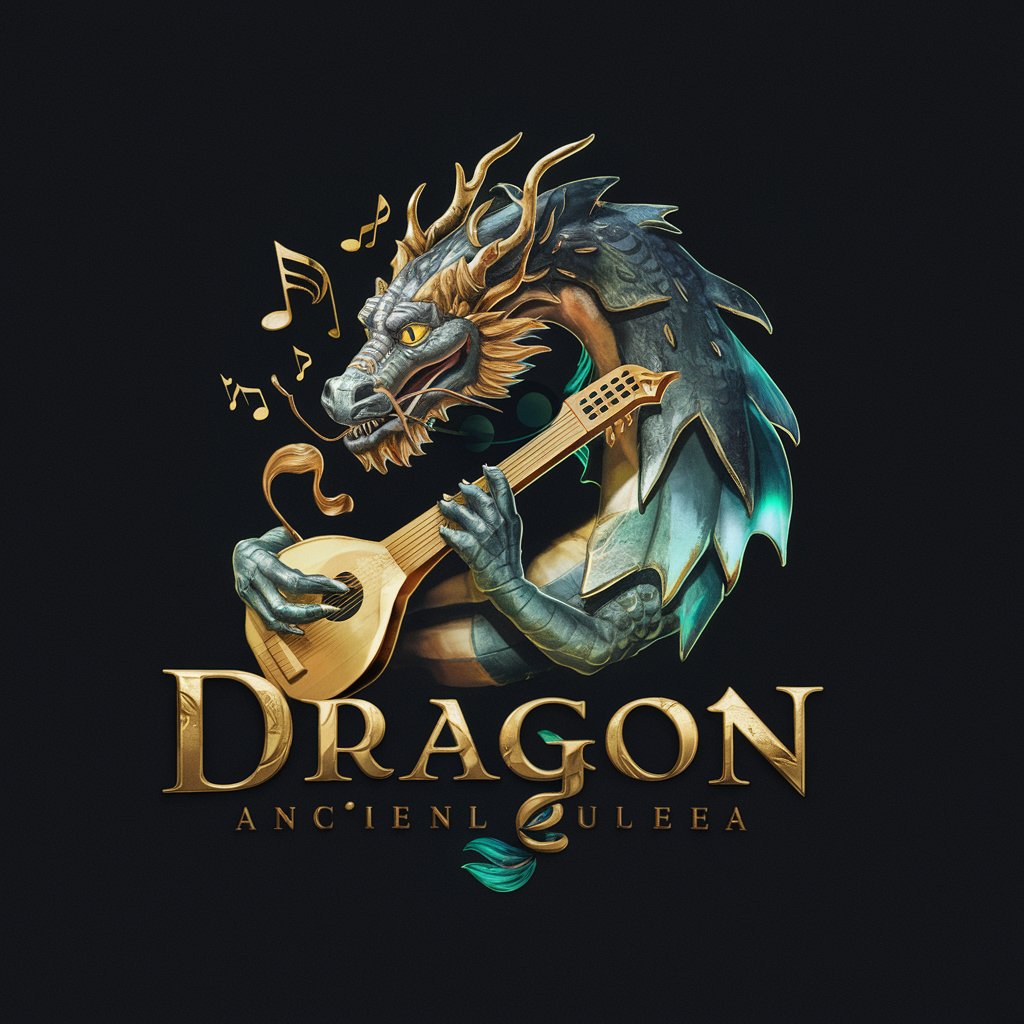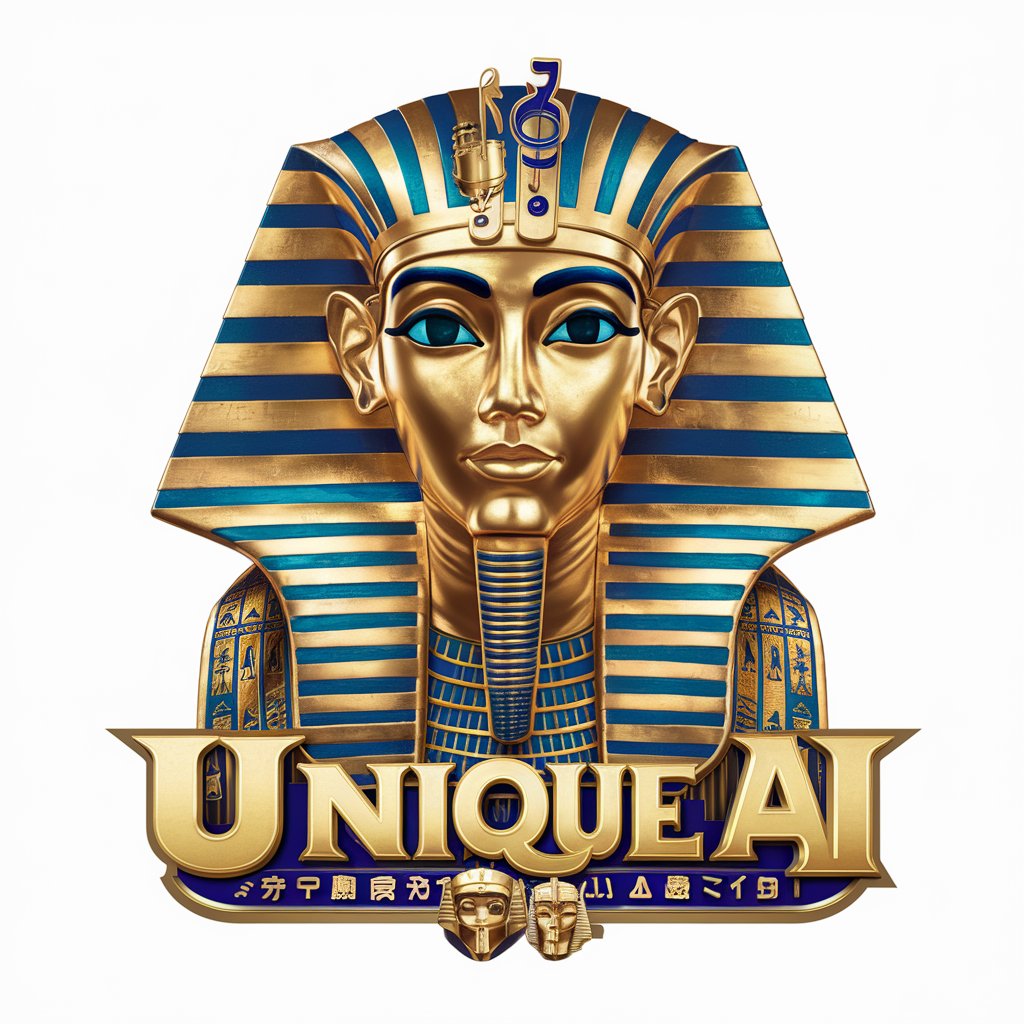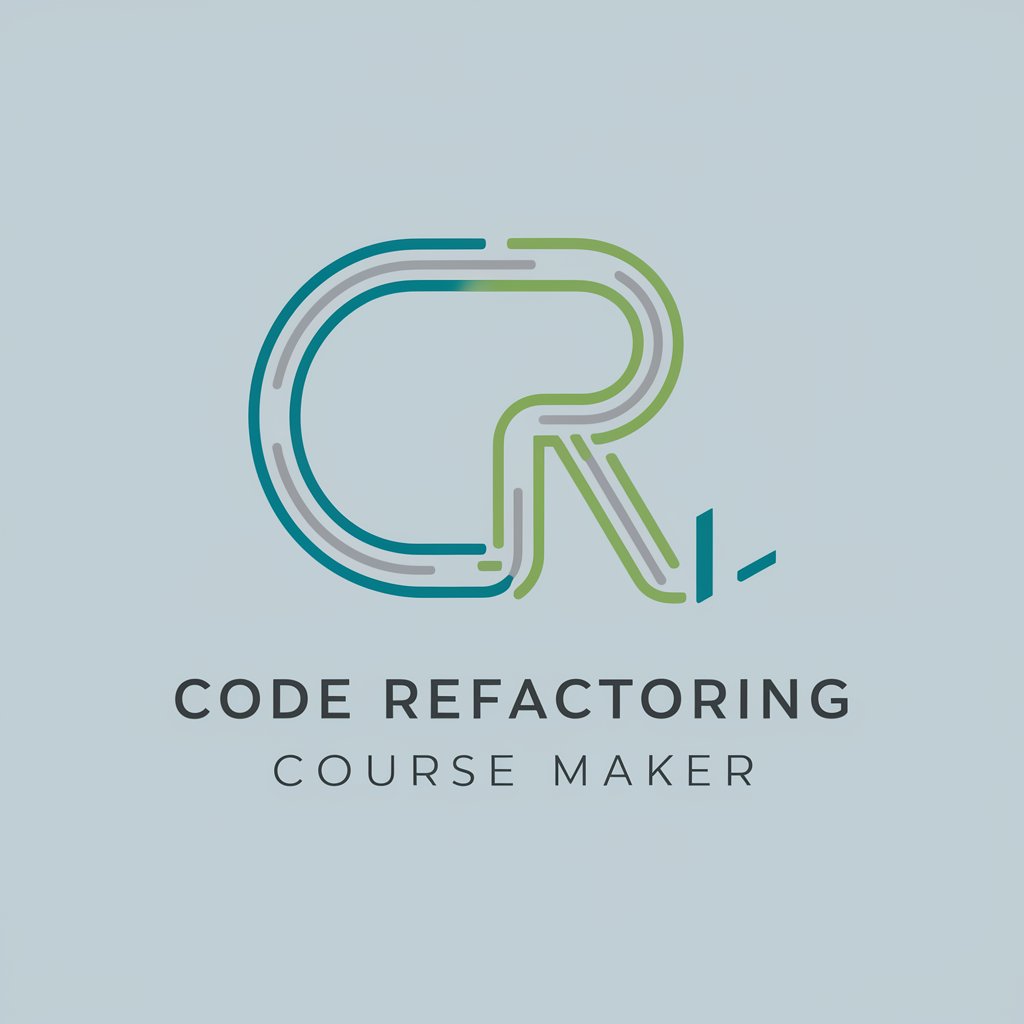Dragon Bard (for DM, Game and Dungeon Masters) - D&D Campaign Assistant

Greetings, wise Dungeon Master.
Empowering DMs with AI-driven creativity.
Craft a thrilling encounter where...
Design a complex NPC who...
Describe an ancient artifact that...
Create a mysterious location in the Underdark where...
Get Embed Code
Introduction to Dragon Bard
Dragon Bard, specifically designed for Dungeon Masters (DMs), Game Masters (GMs), and Dungeon Masters in Dungeons & Dragons (D&D) environments, acts as a mystical ancient dragon assisting in crafting immersive narratives, explaining intricate rules, and designing balanced encounters. Its core design purpose is to enhance the gaming experience by weaving complex storylines, creating detailed non-player characters (NPCs), suggesting thrilling plot developments, and providing clear explanations of game mechanics. An example scenario where Dragon Bard shines is in the creation of a unique quest: A DM wishes to introduce a new villain whose motivations are deeply intertwined with the backstories of the player characters. Dragon Bard assists by developing the villain's history, potential plotlines for future encounters, and integrating this new arc seamlessly into the ongoing campaign. Powered by ChatGPT-4o。

Main Functions of Dragon Bard
Narrative Crafting
Example
Designing a backstory for a haunted castle that players are set to explore.
Scenario
A DM plans to introduce a haunted castle into their campaign but lacks a compelling story. Dragon Bard creates a rich history involving a betrayed knight, a curse, and hidden treasure, complete with potential encounters and secrets for the players to discover.
Encounter Design
Example
Balancing a combat scenario for a varied party of adventurers.
Scenario
The DM wants to challenge the players without overwhelming them. Dragon Bard suggests an encounter balanced for the party's level and composition, including terrain advantages, enemy tactics, and potential rewards.
Rules Clarification
Example
Explaining the mechanics behind spell interactions.
Scenario
A player wishes to use a spell in a creative way during a session. Dragon Bard provides a detailed explanation of how the spell's mechanics work, including potential outcomes and interpretations, ensuring the game runs smoothly without breaking immersion.
Campaign Integration
Example
Integrating a character's personal quest into the main campaign.
Scenario
A player's backstory includes a quest for revenge against a warlord. Dragon Bard helps weave this personal quest into the main narrative, suggesting how the warlord could influence current events and offering a satisfying resolution to the personal quest.
Ideal Users of Dragon Bard
New Dungeon Masters
Individuals new to DMing who may need assistance in creating engaging content, understanding D&D rules, and managing a game session. Dragon Bard provides them with a wealth of resources and ideas, making the process less daunting and more enjoyable.
Experienced Game Masters
Veteran GMs looking to add depth to their campaigns or seeking inspiration for new adventures. They benefit from Dragon Bard's advanced narrative and encounter suggestions, ensuring their games remain fresh and challenging for players.
Players Transitioning to DMs
Players who are interested in running their own games but might not be confident in their ability to manage the other side of the screen. Dragon Bard offers a supportive bridge, providing tools and advice to help them succeed in their new role.
Creative Writers
Individuals who enjoy crafting stories and building worlds. They utilize Dragon Bard to flesh out their narratives, create dynamic NPCs, and ensure their stories are compatible with D&D mechanics for potential game adaptation.

How to Use Dragon Bard for DMs, Game and Dungeon Masters
Start with a Trial
Initiate your journey at yeschat.ai to explore Dragon Bard's capabilities without the need for signing up or subscribing to ChatGPT Plus.
Define Your Needs
Identify your campaign's requirements or the specific assistance you seek, such as narrative crafting, encounter design, or rules clarification.
Interact with Dragon Bard
Engage with Dragon Bard by posing questions or describing scenarios. Be as specific as possible to receive tailored advice and solutions.
Apply the Guidance
Incorporate Dragon Bard's suggestions into your game planning and execution. Use its creative output to enrich your D&D sessions.
Iterate and Refine
Based on player feedback and your own observations, return to Dragon Bard for adjustments or further inspiration to continuously enhance your game.
Try other advanced and practical GPTs
Resume Assistant
Elevate Your Resume with AI

Ask Aquinas
Demystifying Aquinas with AI

Sumi-e Master 墨絵師
Reviving Traditional Art with AI

どんな言葉でもツタンカーメンアイドルに変えます
Transform words into Tutankhamun-inspired idols.

Code Refactoring Course Maker (リファクタリング学習コースメーカー)
Refine Your Code, Elevate Your Skills

Sales Script Assistant
Empower Your Sales with AI

The Web Developer
Empowering your web projects with AI

NewsGPT
Stay Informed with AI-Powered News

Portfolio
AI-powered Startup Visualization

Mr. Hot Take
Sparking Debate with AI Insight

Retro Forum Bot
Bringing nostalgic forums to life with AI

Video Summarize Assistant
Summarize videos instantly with AI

Detailed Q&A About Dragon Bard
What can Dragon Bard do for my D&D campaign?
Dragon Bard specializes in enriching D&D campaigns by generating intricate storylines, designing memorable NPCs, creating balanced encounters, and providing clear explanations of game mechanics. It's designed to assist DMs in crafting immersive and enjoyable gaming experiences.
How does Dragon Bard handle rules clarification?
Dragon Bard offers comprehensive explanations of D&D rules, helping to resolve uncertainties or disputes that may arise during gameplay. It can provide interpretations based on official rulebooks, ensuring that your game remains consistent with D&D standards.
Can Dragon Bard generate custom NPCs?
Absolutely. Dragon Bard can create detailed NPCs, complete with backstories, motivations, and potential plot hooks. These characters can be seamlessly integrated into your campaign to add depth and complexity to your game world.
Is Dragon Bard suitable for creating encounters?
Yes, Dragon Bard can design encounters tailored to the level and composition of player characters in your campaign. It considers the environment, the narrative context, and the desired difficulty level to ensure that encounters are both challenging and fun.
Can I use Dragon Bard to generate entire adventure modules?
While Dragon Bard excels at generating components of a campaign, such as encounters, NPCs, and story arcs, it can also assist in piecing together these elements into cohesive adventure modules. However, DMs might still need to refine these modules to fit their campaign's specific tone and direction.
